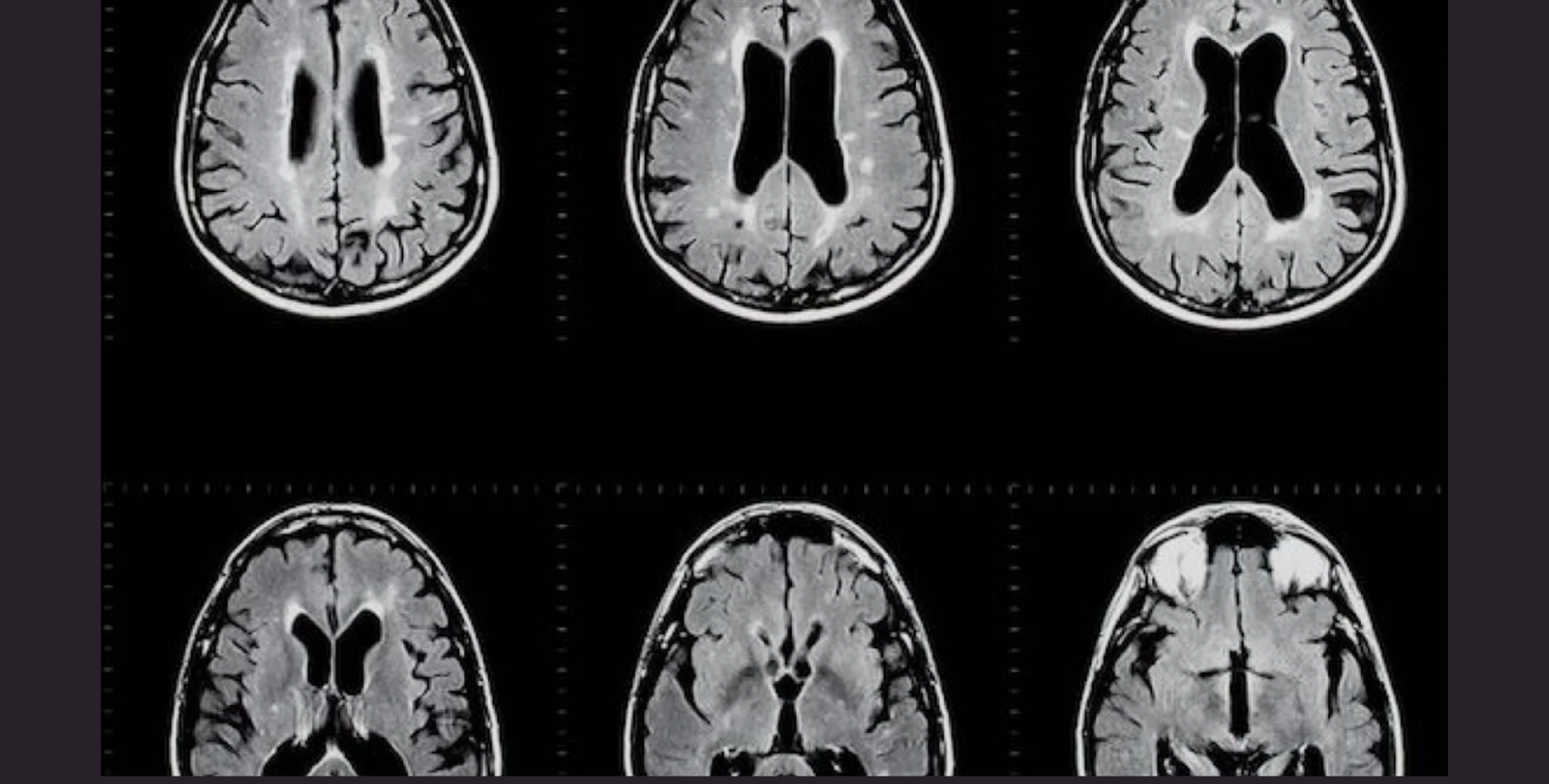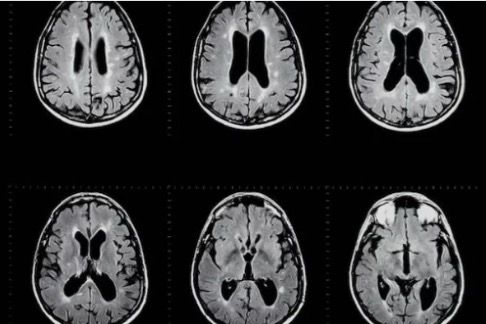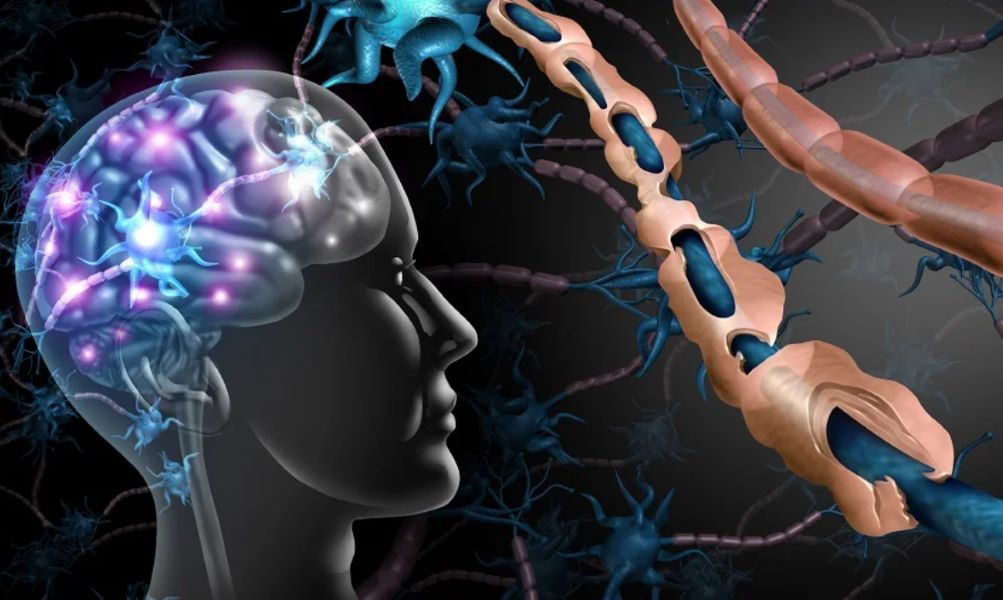Key takeawaysAging and Disease Progression: MS in older adults often shifts from a relapsing to a progressive form, with compartmentalized inflammation and microglial activation playing a central role.
Immunosenescence Considerations: Aging impacts immune function, increasing the risk of infections, especially with prolonged immunosuppressive therapy, necessitating a careful benefit-risk assessment in older patients.
Treatment Efficacy Variability: Many DMTs show reduced efficacy in older MS patients, emphasizing the importance of individualized treatment plans based on age and disease stage.
DMT...
Key takeawaysLimitations of EDSS – The EDSS alone may not capture the full scope of MS progression, especially in cases where deterioration occurs independently of relapses (PIRA).
Smoldering MS – MS can progress silently, with neurodegeneration happening beneath the surface, even when clinical symptoms seem stable. This requires a broader monitoring strategy.
Multimodal Monitoring – Effective disease monitoring should go beyond neurological exams, integrating:Clinical assessments and patient-reported outcomes (PROs)
Imaging techniques, such as MRI biomarkers and advanced neuroimaging
Biomarkers...
ABSTRACT
In the past 20 years, the concept of antibody mediated demyelinating disorders have emerged. These diseases, namely Aquaporin-4 (AQP4) positive neuromyelitis optica spectrum disorders (NMOSD) and myelin oligodendrocyte (MOG)- antibody associated disease (MOGAD), share common features with multiple sclerosis, but are fundamentally different in terms of pathophysiology, disease course and treatment. In this lecture we will provide a clinical, biological and imaging description of these two entities, and propose a focus on the features that helps to differentiate in between these conditions.
Learning...
Cognitive impairment is a common marker of disease progression and structural damage in strategic WM and GM regions explains cognitive impairment.AUTHORCARLO POZZILLIProfessor Pozzilli studied at the University of Rome “La Sapienza”. He then moved to the Hammersmith Hospital in London, UK, to take up a research post in 1980.In 1983, he became a Board Certified Neurologist at the University of Rome. In 1986 obtained a research grant in Neuroimaging at the Tohoku University, Sendai Japan.In 1987, he was awarded a PhD in Clinical Neurosciences by the University of Rome, where he became Full...
BIOGRAPHYMELINDA MAGYARI Melinda Magyari is the director of The Danish Multiple Sclerosis Registry (link: www.dmsr.dk/) and a consultant neurologist at the Danish Multiple Sclerosis Center (COI). Her major research area is in multiple sclerosis and other inflammatory disorders of the central nervous system with a special interest in the changing epidemiology and gender differences. Using nationwide population-based data sources her research addresses questions on comorbidities, reproductive issues, risk factors and socioeconomic consequences in multiple sclerosis. She is involved in pharmacoepidemiological...






